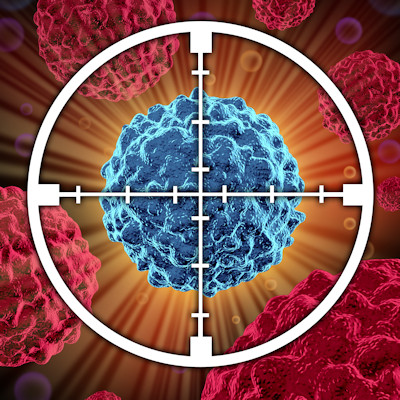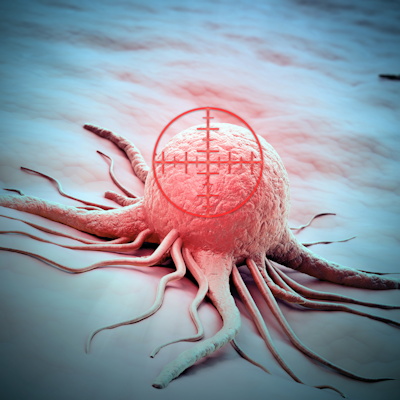September 23, 2022 -- Researchers from the University of Geneva (UNIGE) and the University Hospitals of Geneva (HUG) have identified a drug-targetable mechanism whose blockage reduces metastatic melanoma cells’ resistance to treatment.
Their results, published in the current issue of Biochemical and Biophysical Research Communications, potentially opens new therapeutic pathways to fight solid cancers, including metastatic melanoma.
The arrival of small-molecule targeted therapies a decade ago enabled the eradication of half of the metastatic melanomas that carry a genetic signature making them sensitive to these drugs. However, although the malignant cells may seem to have disappeared, small residues of slow growing "dormant" malignant cells undetectable by conventional radiology persist and escape therapy. Despite a majority of melanoma patients showing excellent initial responses, most suffer recurrences.
Researchers from UNIGE and HUG previously showed that the dormant cells underexpress a protein called HuR. By contrast, HuR is highly expressed in rapidly proliferating cells.
The team's recent research uncovered a specific mechanism involved in insufficient HuR expression: The cells' messenger RNA was trapped by other proteins. By using a chemical compound to inhibit two kinases, or enzymes, involved in this mechanism, the team paradoxically overexpressed the HuR protein, making the cells more easily detectable and reducing their resistance to treatment.
The researchers hope to encourage the pharmaceutical industry to optimize the stability and bioavailability of the identified kinase inhibitors, improving the treatment of melanoma and possibly other cancers.
"Melanoma is a model cancer: if we understand it, we can understand many other types of solid cancers," said Dr. Rastine Merat, PhD, researcher in the department of medicine at UNIGE and head of the onco-dermatology unit at HUG.
Copyright © 2022 scienceboard.net










